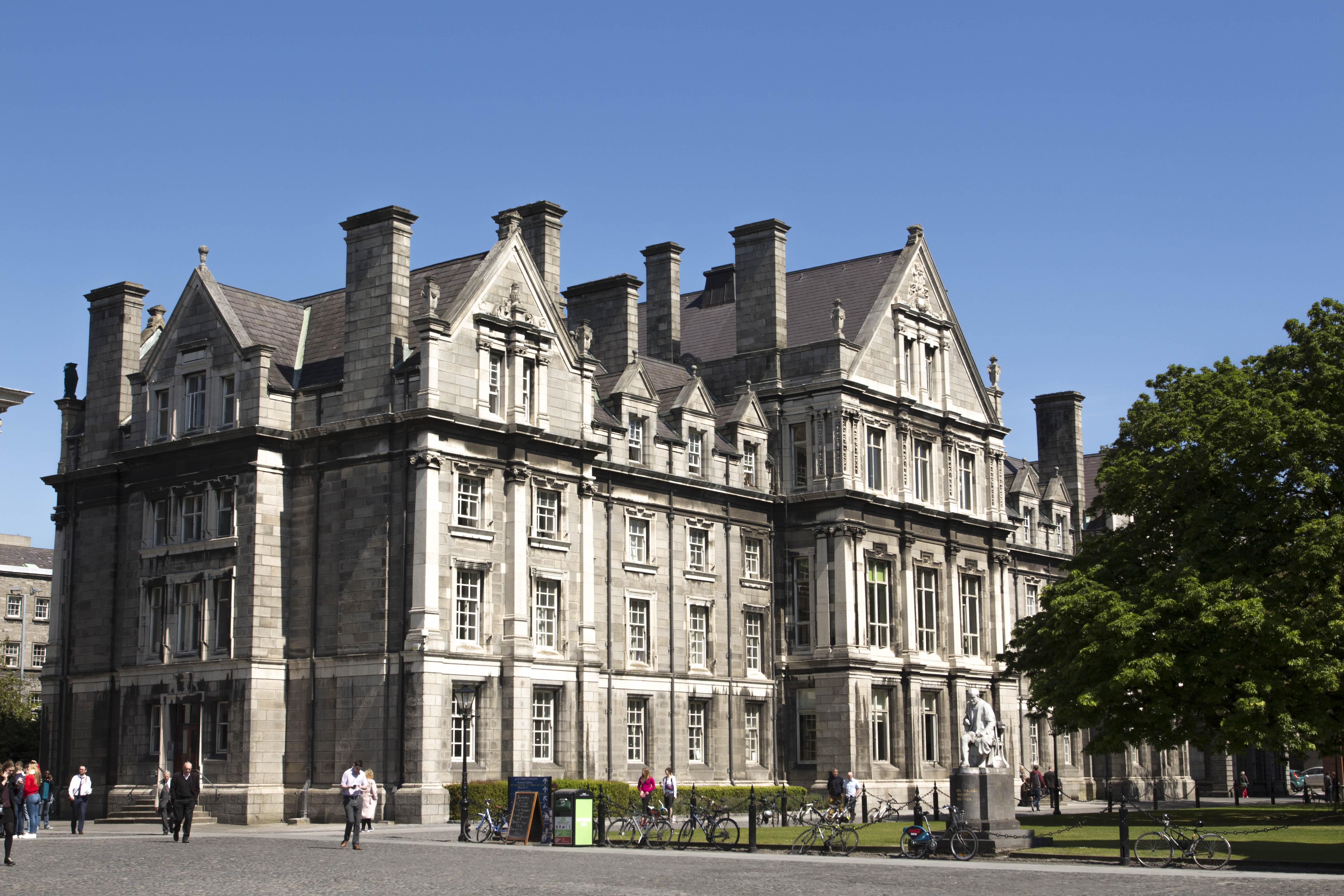
Beginning with a brief introduction each of the speakers outlined their involvement with the campaign. Julie O’Donnell spoke first of her personal experience with a fetal abnormality in her pregnancy, revealing she “just felt so alone” and that she “thought I’d be treated in my own country”. After seeing the founders of Terminations for Medical Reasons (TFMR) O’Donnell contacted them and became involved.
Fiona de Londras is the Professor of Legal Global Studies at the University of Birmingham. Last year, she joined a group of Lawyers for Choice in the hopes of providing “scholarly reflections”. Dr. Mary Favier is a founding member of Doctors for Choice and became active when she became sick of hearing only male, Catholic doctors involved in the Repeal discussion.
Peter Ward, the only male panelist, highlighted how he was “old enough to canvass against the 8th’s insertion”. He is the chair of FLAC (Free Legal Advice Centres) and has been involved in many of Ireland’s high profile referendums. Last to introduce herself was Kate O’Connell, a Fine Gael TD and member of the Oireachtas committee on the 8th Amendment. Noticeably absent from the guest line up was Roisin Ingle of the Irish Times.
The initial question posed was if there is a growing acceptance of abortion in Ireland since the repeal campaign. The response focused on the untapped experience of older generations as well as the 8th being beyond just abortion. De Londras spoke of the eighth amendment going beyond abortion. She recalled the story of a woman who was told by her doctor she needed a c-section but chose to have a natural birth, an issue she was taken to court over. Favier mentioned there are women “into their fifties now and they’ve never had a voice”. Ward hypothesised that there might be “a lot less tolerance for men talking about it” and claimed “it’ll be a brave man who’ll weigh in” over the next couple of months.
The next topic debated was whether the splintering of repeal groups helps or hinders the campaign. The panel seemed to concur that it helps. O’Connell agreed, highlighting that people may prefer to listen to a group like Catholics for Abortion over a Fine Gael TD. Favier was keen to remind the audience that “The world is watching us”. Ward chimed in on the issue of politicians not speaking out, he sympathised with their position but claimed it “leaves too much to civil society”.
The final question before the floor was opened for questions was what happens after. De Londras explained the phrasing should be “something very simple that empowers the Oireachtas”. Favier agreed saying, “the best laws are the most simple… All the work is done in the regulation”. The topic of conscientious objector arose in terms of whether a doctor could object to giving an abortion. The general consensus seemed to be this would be included in the law but the right should fall to the individual, not an institution.
O’Connell raised the interesting point that “there’s bound to be a general election” soon after the referendum and it will be worth noting how this could affect politician’s campaigns. The entire panel encouraged everyone to get involved in campaigning and De Londras was keen to remind the audience this did not solely mean Dublin, “As a culchie, I appeal to the culchies, go home and Dublin will be fine.” Ward quickly disagreed reminding the group that this is not a sure referendum. All historic referendum’s in Ireland have passed narrowly, and this will be no different.
The panel was effective in working together to highlight three key areas in the repeal campaign. The first being that those for the repeal should unite despite their differences in other areas, the necessity of it being all of Ireland voting and not to feel safe in the referendum passing. In conclusion, it was clear that the panelists saw the fight as not being over, and that this last stretch is critical.






